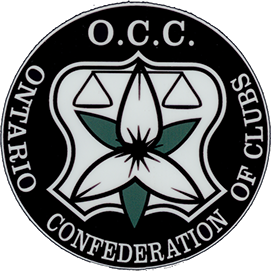

Section 2 of the Canadian Charter of Rights and Freedoms, our Constitution reads as follows:
2. Everyone has the following fundamental freedoms
(a) Freedom of conscience and religion;
(b) Freedom of thought, belief, opinion and expression, including freedom of the press and other media of communication;
(c) Freedom of peaceful assembly; and
(d) Freedom of association
Section 24 (1) of the Canadian Charter of Rights and Freedoms, reads as follows:
24. (1) Anyone whose rights or freedoms, as guaranteed by this charter, have been infringed or denied may apply to a court of competent jurisdiction to obtain such remedy, as the court considers appropriate and just in the circumstances.
Asserting Your Rights
Traffic stops:
1. You only are required to give documentation for the vehicle and your driver's license nothing else.
2. You are not required to give any other information or answer any questions without consulting your lawyer.
3. Your vehicle cannot be searched without probable cause and you do not have to consent to any type of search.
4. If you have been arrested or detained you do not have to consent to any impoundment of your property and have the right to secure your property.
5. If you have not been told you are being detained and given a reason for this you have the right to leave.
Being Stopped on the Street by Police
If you are stopped by police outside your home or your car and you are not doing anything contrary to law, you are under No legal obligation to:
1. answer any questions as to your name and address, or
2. justify why you are where you are, or
3. produce identification or prove means of supporting yourself, or
4. go with police for further investigation or questioning UNLESS you are placed under arrest.
See Section 7 of the Charter of Rights, s 7: "Everyone has the right to life, liberty, and security of the person..."
CRIMINAL LAW - OBSTRUCT POLICE.
CRIMINAL PROCEDURE - IDENTITY - Duty to identify self.
R. v. Legault (1998) B.C.J. No. 1309, ADGN/98-970
British Columbia Supreme Court, Lamperson J. May 25, 1998
Absent some provision to the contrary, a person must only identify himself or herself to a police officer, if that police officer is in a position to arrest that person or issue some form of summons to him/her.
Otherwise there is no general duty to identify oneself to a police officer.